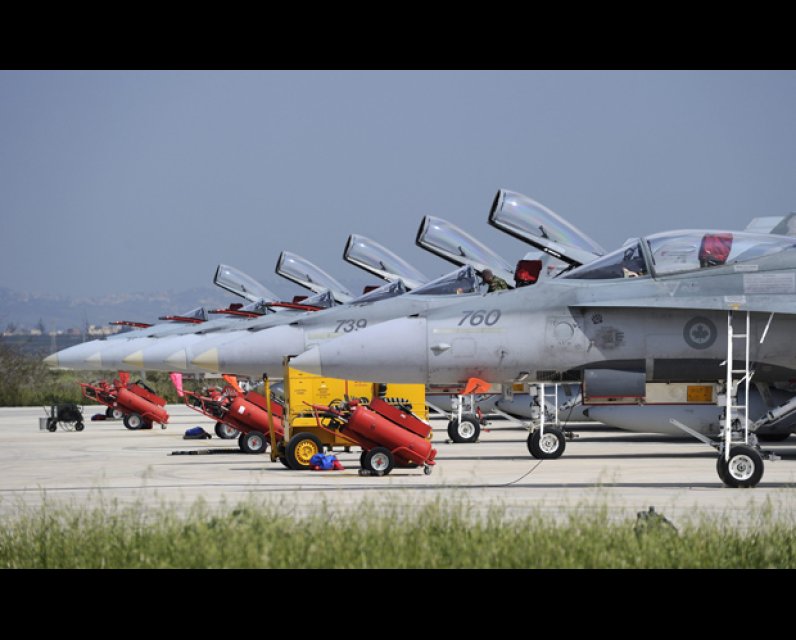Unpublished Opinions
Don't go to war

(By email to all 308 Canadian MPs)
Dear Members of Parliament:
On the eve of Stephen Harper calling on you to approve a combat mission against ISIS, the headlines are relentless.
Make no mistake, the savagery and lethality of the genocidal, rampaging group is inescapable.
That said, there’s nothing peculiar about its savagery. When is war not barbaric – whether conducted by ourselves or others, whether conducted in Afghanistan or the Congo, Palestine or Chechnya, on the ground or through the use of decapitating, vaporizing drones?
Even peace can be extraordinarily barbaric. Take Saudi Arabia, for instance. They behead about 100 of their own people a year as an expression of their justice system.
The world is chockfull of savagery and slaughter, and the sad truth is that most often no one does anything about it.
The trick is to ask why a country does decide to do something instead of doing the usual nothing.
Why, for example, does the Harper government want to intervene to stop ISIS, but does not want to intervene in Burma, where human rights violations include the abuse of ethnic minorities, the mass rape of women, mandatory relocations, extrajudicial state executions, the military recruitment of children, and forced labour?
Why does the Harper government want to intervene in Iraq and Syria, but not in the Congo, where conflict drags on and victims are mostly women, girls, and ethnic groups including the Banyamulenge, the Hutu Banyarwanda, the Hema and the Lendu?
Why does Canada not want to intervene in South Sudan? The president of that country appealed at the U.N. less than a week ago for help to vanquish its own rebels, but seems to have been ignored by everyone.
Our prime minister has given two rationales in recent days for military intervention in Iraq and Syria. First, he alluded to multilateral cooperation for the greater good when he said, "We do not stand on the sidelines and watch. We do our part. That's always how this country has handled its international responsibilities, and as long as I'm prime minister that's what we will continue to do."
When one considers that in 2010 – the year Canada was denied a seat on the U.N. Security Council – we contributed a mere 221 peacekeepers out of 99,926 deployed throughout the world, we can see there has been a distinct shortage of multilateral cooperation in the recent past.
There’s also the glaring fact that Canada trades information with torturers, violating all international legal norms, and the fact that Canada is the only country in the world to have withdrawn from the Kyoto Protocol to the United Nations Framework Convention on Climate Change.
On the eve of war, it’s no time for Canadians to adopt this prime minister’s belief that he will always work towards the greater good, and that handling international responsibilities is something we naturally do, and therefore must do in Iraq and Syria.
The second justification given by Prime Minister Harper for going to war involves the notion that ISIS is, he said, “planning attacks, not just genocide against large populations in the region but . . . attacks against this country.”
Not even happy American warriors consider ISIS an imminent national security threat. While the Americans have stepped back from that particular brink, Stephen Harper takes up the slack, behaving like Rice, Rumsfeld, Cheney, and Bush when they shamelessly lied about Saddam Hussein having WMDs in order to justify the 2003 invasion of Iraq.
Countless observers have noted that it would be folly to become involved in a conflict where friends and enemies switch up faster than partners in a square dance; that war is the quintessential expression of failed politics, and only gives rise to more enemies; that war is a curse of humankind, and brings joy only to arms manufacturers and generals.
President Obama has himself said over and over again that there is no U.S. military solution in Iraq or Syria. War is therefore a failure of logic, and open-ended war an open-ended failure.
As for solutions, there’s been no shortage of analyses to do with addressing Sunni grievances, creating a more inclusive government in Baghdad, undermining ISIS through financial pressures, stopping the flow of arms to that group, to other rebels, and indeed to the entire Middle East, cutting off the movement of fighters into the region, meeting humanitarian needs, and restarting serious international negotiations on ending the complex set of wars in Syria.
To do something instead of doing the usual nothing does not mean we have to do something militarily.
To believe otherwise displays either a failure of imagination or a willful desire to meet violence with violence.



Comments
Be the first to comment